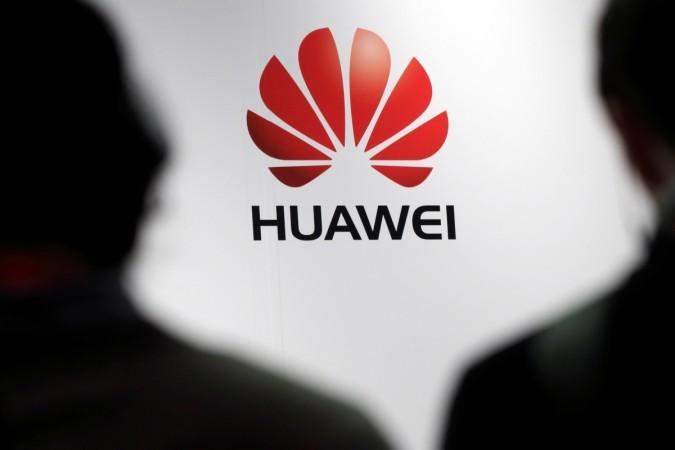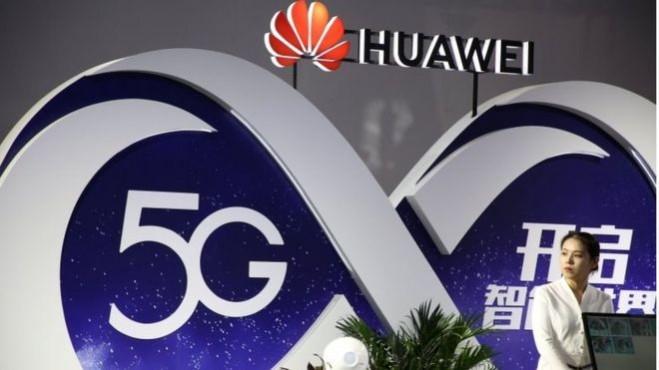Huawei has been put in a tight spot as top chipmakers have begun to withdraw support. Intel, Qualcomm, Broadcom and Xilinx have reportedly cut the supply of processors and networking chips after Google withdrew Android licensing from the Chinese tech giant.
The move comes after the US Department of Commerce blacklisted Huawei with accusations of espionage. Donald Trump's government had asked US corporations to stop dealing with Chinese manufacturers and Google's response to this request is clear now. The license cut means that Huawei will only have access to the publicly available, open-source software.
Huawei is one of the biggest suppliers of networking equipment in the world, and this ban will also lead to the removal of their products, including routers, towers and other equipment from the US infrastructure. As far as users are concerned, the actions of the US will not have an immediate effect. Currently, Huawei phone users will be able to continue using Google services normally. However, future users outside China might be affected.
A Reuters report mentions that the "next version" of Huawei phones will not support Google's apps, including Gmail and all of the Play Store. This means bad business outside China, especially in Europe and India. The Chinese consumers will not be affected much by this since Google's Play Store and added services do not exist in China. Local corporations like Tencent and Baidu fulfil the role of Google's services with suitable alternatives.

Those who spent a significant sum on purchasing a Huawei P30 Pro, or are looking forward to buying Huawei's foldable Mate X might have to reconsider their value with the removal of support from Google. These phones will not be getting updates from Google, meaning that Android Q will not be available for new Huawei phones.
While it is unconfirmed, it is being alleged that Microsoft may also have to pull Windows support from Huawei's laptops, such as the Huawei MateBook X Pro. Linux options are available to the manufacturers. For the mobile OS, however, there are no popular alternatives to Google's OS as of now.
Huawei has been dealt another blow with German chipmaker Infineon reportedly banding up with its US competitors in cutting supplies to the company. According to a Bloomberg report, the company has been preparing for such a ban since mid-2018 while designing its own whips to go into phones, laptops and networking devices. They reportedly have enough stock to run their business for at least three months.

This move could lead to a ripple effect on the entire semiconductor industry, as it means loss of business for the US chipmakers as well. Moreover, Huawei's plans on 5G technology will also be negatively impacted. The company had planned to bring 5G networking and was already working with the UK when a leak caused the US to retaliate.
Huawei has already partnered with major Brazilian retailers, according to reports. It re-established itself in Brazil earlier this year, four years after closing its consumer business in the fourth largest smartphone market in the world.

















